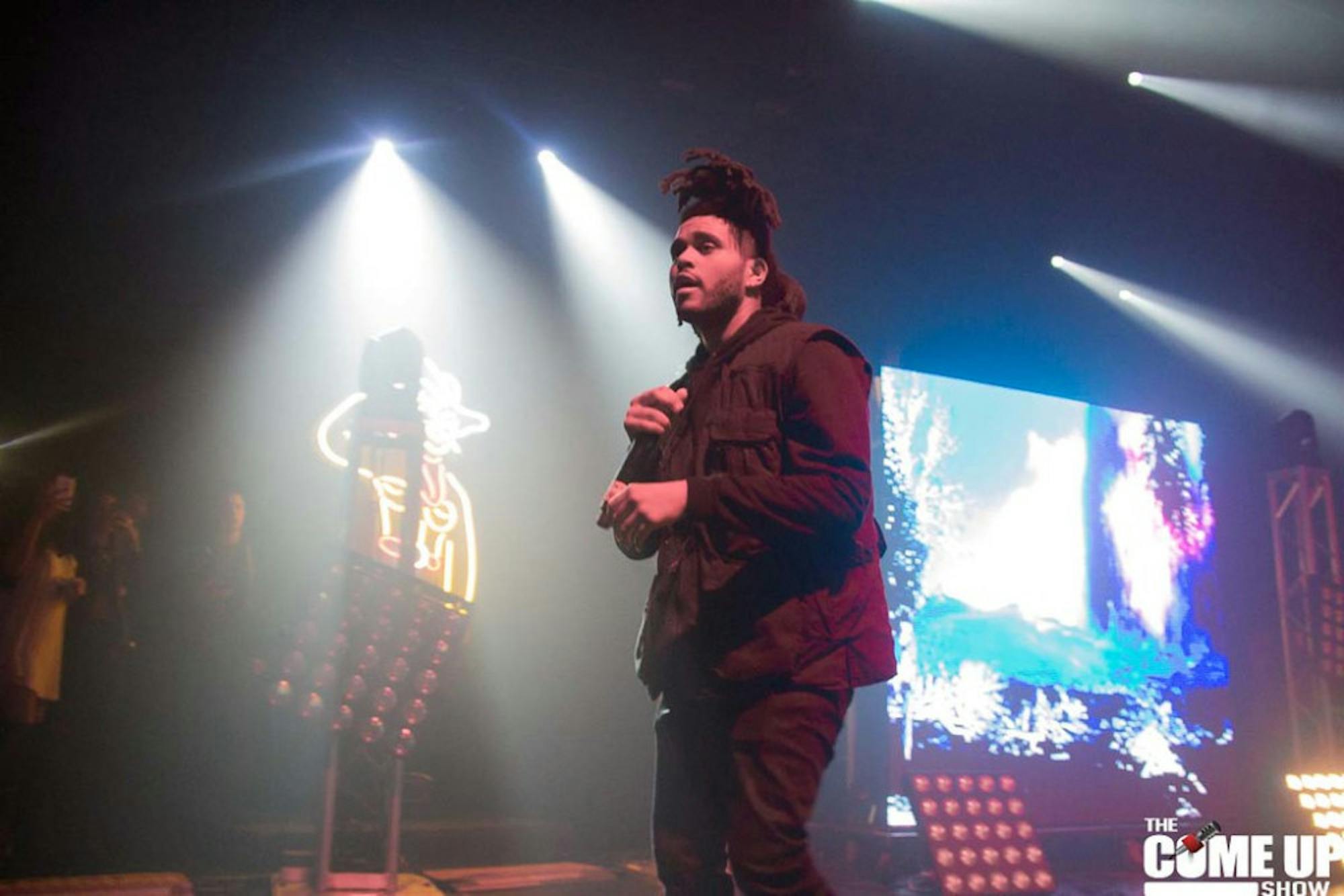
Houston rapper Travis Scott always draws a crowd at his annual Astroworld Festival, and last year was no exception. Organizers and city officials had been preparing additional security detail to ensure that people remained safe throughout the show. The 50,000 concertgoers, many of whom had waited for months in anticipation, finally got to see Scott on Nov. 5. Yet no sooner after the concert started, mobs of people surged forward, barreling against each other and suffocating those at the barricades in particular. Ten died, and the concert kept going in spite of pleas for help.
The tragedy of Astroworld is a solemn reminder that safety issues at music festivals and concerts is nothing new: People suffocating from crowd surges has been well documented, perhaps most notably at Woodstock in 1969. Fortunately, such incidents are rare. The impact of the event does not go unnoticed, but everyone seems more than content to focus on pointing fingers, rather than solving problems. Today, Astroworld reflects more than a problem of unregulated events and lax security. Instead, it reveals the haunting truths of mobs and the way we act uncontrollably during times of heightened effervescence and emotion.
Concert planners at Astroworld were admittedly ill-prepared, given Scott’s history with inciting raging crowds. From being charged with disorderly conduct in 2015 after telling fans to ignore security and get closer to the stage to encouraging a fan to jump from a second-story balcony, Scott’s actions indicate that stringent policies should have been put in place to prevent his reckless behavior. Yes, Scott’s concert had its problems: no assigned seating, not enough security guards, the list could go on. Whether this disregard for safety came out of a desire for profit or not, we cannot forget the hundreds of people who chose to break through the gates of the festival, leading to more than the 50,000 person limit.
Given the longstanding history of overcrowding, concert organizers and other experts within the industry have developed secure measures in order to prevent these fatalities. After Astroworld, industry executives are also increasing festival costs to avoid overcrowding. But crowd-control is not a one-way street. Organizers have used methods like counterprogramming on multiple stages to prevent an entire festival’s audience from piling into one place. Of course, only holding these people accountable for not implementing the measures properly is not enough; the actions of the artists who encourage mobs to make poor decisions and young concertgoers who pay no regard to those safety measures should be equally liable for their own wellbeing. If people at concerts choose not to follow the policies put into place, the same tragedies will only continue to repeat themselves.
According to Paul Wertheimer, a concert security expert, the deaths could have been prevented by reducing the density of the crowd. From the perspective of large media companies like Live Nation and famous artists, they would be reluctant to give up profit for safety. At the same time, music fans aren’t about to sacrifice their chances to go to a concert for some rare occurrence of being trampled. Despite his efforts and expertise, Wertheimer has been constantly ignored by concert planners. If we want to learn from Astroworld and every past record of deadly crowd surges, it’s time to actually learn from our mistakes instead of playing the blame game.
Certainly, fans should be able to enjoy themselves without the fear of suffocation. But in a tangle of hyperactive emotions, burning excitement and way too many flailing limbs, we are incapacitated, unable to maintain logical reasoning. Humans are notoriously capable of dropping their inhibitions in large crowds, following the majority even when their actions are clearly wrong. We make poor decisions that amplify existing biases and turn us into idiotic fools. To rectify the issues of group-think, it is necessary to have a clear authoritative figure with explicit instructions that everyone can follow. While the negligence from Live Nation and Scott is irrefutable and they should be subject to reasonable punishment, it remains crucial to remember that the larger the crowd, the more dangerous.
Granted, my credibility should be questioned. I’ve never been to a concert. But I do vividly remember seeing nearly half of the Emory student body line up from McDonough Field to the front of the business school. Then with no warning at all, I watched people charge forward in a furious craze. Everyone was trying to get into the field to see Jack Harlow and Fetty Wap. I was shoved around like a pinball machine by multiple people before managing to step away. I’m laughing in my video, but the uninhibited recklessness of concertgoers shouldn’t be taken lightly.
Let’s make one thing clear: I’m not opposed to concerts. People should get to enjoy the music they want, and drunkenly jump up and down while screaming the lyrics to their favorite songs. I would love to do that too. No one needs to die from these exciting events, nor should we blindly accept that people will faint or overdose. By excusing ourselves or other people from foolish behavior, we fail to own up to our mistakes and normalize these issues. Yes, pointing fingers is fun, but to what end?
When it comes at the cost of unnecessary deaths, it means that something needs to change. Not only should concert organizers raise the prices and add more security officers, but we also need to recognize that our actions, especially while intoxicated, are dangerous.
No matter who we are, our actions have consequences. It’s time we own up to our mistakes just as much as we love to assign blame.
Sophia Ling (24C) is from Carmel, Indiana.





